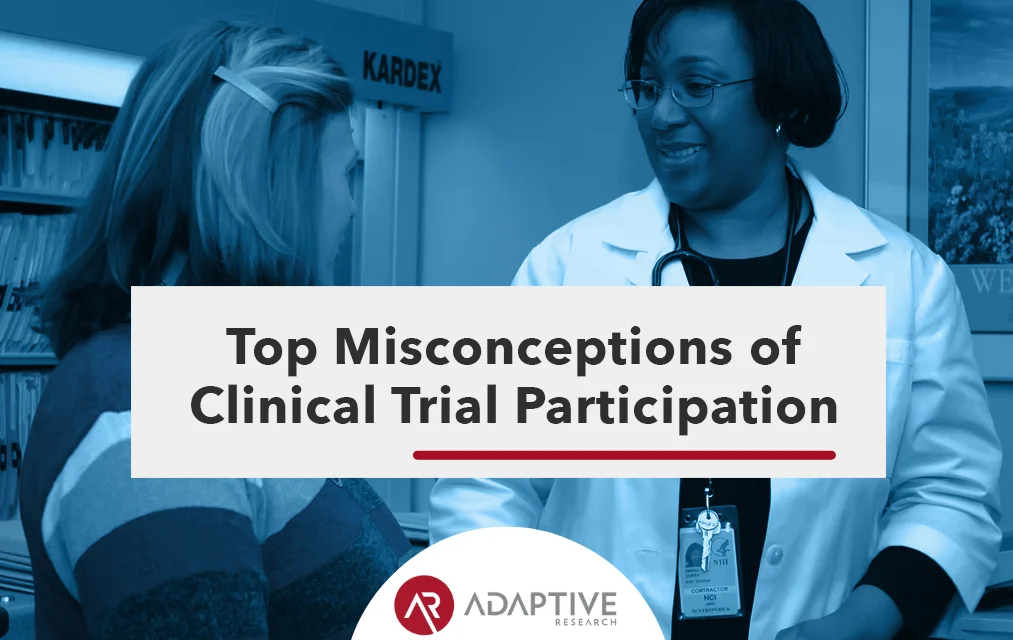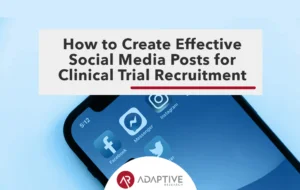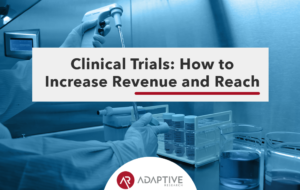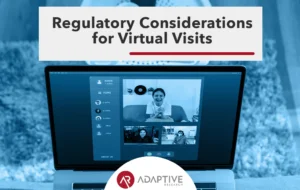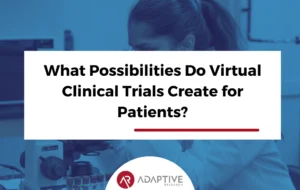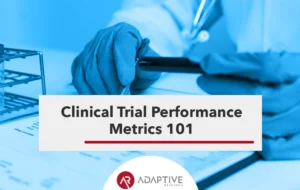Clinical trials are experiments that test new treatments and therapies. They can help researchers learn whether a drug is effective in treating a disease, or if it has harmful side effects with few benefits. These studies may impact the lives of thousands, even millions of people by providing more information on diseases and improving standards of care. Unfortunately, there are a number of misconceptions surrounding clinical trials.
Here we provide information from our own experiences to address some common concerns with clinical trial participation:
1) “I Don’t Have Time”
One of the most frequent reasons patients give for not participating is that they don’t have time or cannot miss work. In fact, many clinical trials do not require participants to spend additional time beyond their normal activities outside of work or school. Some studies will even allow participants to continue taking their medications as prescribed, without interrupting their normal activities, during the clinical trial.
2) “I Don’t Want To Risk Harm”
In most cases of participation in a clinical study, a patient would not be exposed to new drugs or treatments if they did not have a disease or condition being studied. In rare instances where a placebo is being used – meaning there are no active ingredients – it is nearly always for cancer trials and under strict guidelines with oversight by an independent board responsible for protecting patients from harm (IRB).
3) “I Won’t Get The Medication”
This myth can often keep patients from participating in trials even when they may actually qualify and could benefit. Even though drugs tested in clinical trials are not readily available because they have not been approved by the FDA, many patients report getting access to new medications once they enroll in a trial. In fact, some companies make experimental drugs available free of charge if a patient has participated in or completed a study successfully before it is made commercially available after approval by the FDA.
4) “It Will Hurt My Care”
Receiving a clinical trial medication does not impact a patient’s care. In most cases, the primary physician and other medical professionals will continue to provide the best standard of care based on established guidelines. Even if patients receive experimental drug treatments, their doctors can still treat side effects with approved medications that have been tested for safety during clinical trials.
5) “I Won’t Get Better”
Clinical trials are not designed to make participants worse or cause them harm, but they may contribute to new discoveries about safe and effective ways of improving health and treating disease. If a participant is not improved at all after one treatment session or continuing participation in a study over a period of time, they are still receiving care from their primary physician and other medical professionals.
6) “I Will Be Labeled”
Clinical trials do not need to be reported in a person’s medical record if the study does not use an experimental drug or treatment. While every person who participates in a clinical trial is important, it can help researchers learn more about disease sub-populations that are underrepresented in past studies. This has led to the development of less toxic drugs for diseases such as lupus where women are frequently affected but have been largely excluded from past research.
7) “My Insurance Won’t Pay”
Many health insurance plans do cover participation in clinical studies, even when experimental treatments or medications are involved. For those who do not have health insurance or their insurance will not pay for a clinical trial, the company conducting the study may be able to help determine if there are other options.
8) “I Can’t Afford The Medical Care”
Some people think they cannot participate in a clinical trial because of cost. In many situations, participants can get free medical care during their enrollment in a trial. This is usually covered by the pharmaceutical company sponsoring the study. Also, even if patients have to travel for regular doctor visits and lab tests from time to time participation in a clinical trial may still be less expensive than having the same procedures done outside of a clinical research setting where compensation varies widely across different settings and geographical areas.
9) “I’m Not A Candidate”
Researchers do their best to determine whether or not people are appropriate candidates for a study before they agree to participate. This normally involves gathering information about the participant’s medical history, age, gender, and other important factors.
10) “It Will Hurt My Career”
While some jobs may require regular drug testing in order to be kept (for example commercial drivers), most patients do not need to stop taking any medications when they enroll in clinical trials. One of the most common reasons that people cannot participate in clinical studies is because they take too many different medications—often more than five. But this is becoming less common as researchers learn more about how medications interact with one another outside of formal clinical studies.
11) “It’s Not Worth It”
Patients frequently volunteer to participate in clinical trials because it can take time, require travel, and other inconveniences. However, the risks are generally minimal, with many participants reporting no side effects at all. Regardless of whether or not there are any potential benefits to participation, every person who agrees to take part in a study helps researchers learn more about the disease for future generations.
Conclusion
Clinical trials are a necessary step in the development of new treatments, and people should do their due diligence before participating in any clinical study. However, potential participants should not let any misconceptions they might have about clinical trial participation prevent them from discussing the possibility with their primary physician. It is very possible that patients will be able to join a clinical trial without needing to make difficult sacrifices or give up other important parts of their lives.
Adaptive Research provides the necessary tools to navigate the clinical trial process. Let us help you find out how we can revolutionize your clinical development strategy and help you get to market faster and safer.

